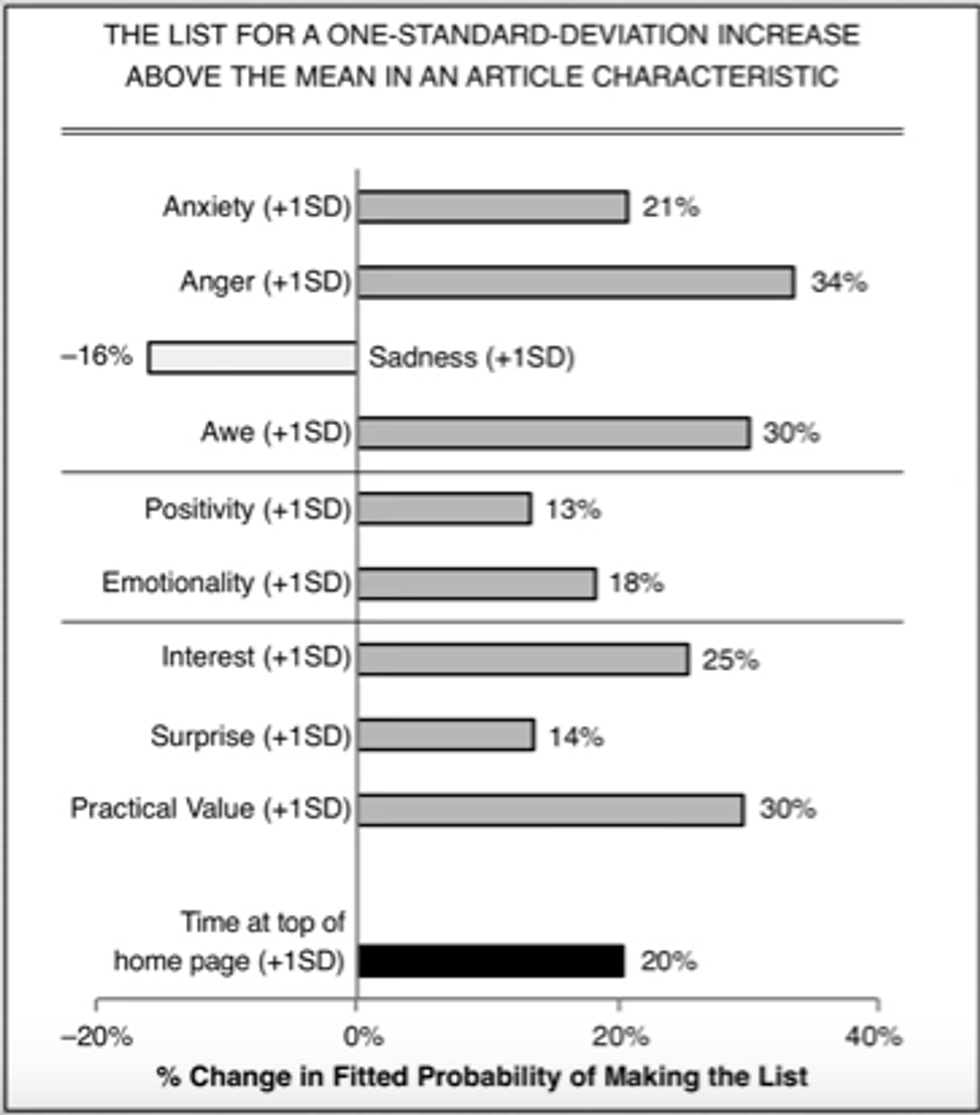Popularity, it's a funny thing isn't it? Google defines popularity as "the state or condition of being liked, admired, or supported by many people." This makes sense, as many people who are considered to be "popular" are generally liked.
But, there is a distinct difference between being popular, and being famous. Google difines famous as "known about by many people." This contrasts the definition of popular as you don't have to be liked to become famous. This statement holds true even on a smaller scale.
Last week, I wrote an article that I now regret writing. If you could take a punch to the gut, lit on fire, and stamped into the ground and put it into words, that would be close to what I said, it was bad. What's interesting about this article is that when I look over it, it's not actually that bad. I made some harsh statements, yes, but none of them were outlandishly rude or hurtful, just bad enough to get someone sensitive worked up about it.
But there was one thing in particular that cought my attention. That article had over 150 views on it. That is the most views I've had, ever. I'm not even joking when I say that nothing else that I've posted online has gotten more attention than that horrible article that's actually very poorly written.
This got me thinking, why did this article in particular catch everyone's attention and make them read it? To answer that, we have to talk about thought, memes, and arguments.
When someone says something like an idea or a joke, the person that he/she tells it to then thinks that thought. Pretty simple, right? In this way, we can kind of think of thoughts as germs that want to be spread. When you tell a joke or an interesting idea to someone, that "thought germ" then travels into their brain. Depending on the potency of that germ, it will then travel from that person to more people, and they will spread it to more people, and the cycle continues.
Now, a "thought germ" dies when a person stops thinking about it. So naturally, a potent germ is one that sticks around in a person's mind and gets spread all over the place.
This is the basis on becoming famous on the internet. Think about memes. What makes a meme famous? It sticks in your head, it's catchy, and people like to talk about it. So the "thought germ" spreads.
When a thought comes into your head, usually it invokes a certain emotion like happiness, anger, or sadness. Each of these emotions can be utilized to spread "thought germs". But which is the most potent? Well...take a look at the chart below.
("What Makes Online Content Viral?" By Jonah A. Berger & Katherine L. Milkman http://papers.ssrn.com/sol3/papers.cfm?abstract_id...)
As the graph shows, the top three emotions that spread "thought germs" the fastest are anxiety, awe, and anger. With anger being at the top. Meaning that out of anything on the internet that will get you to share it with others, things that make you angry are the most likely to be spread.
This isn't the only thing though, a "thought germ" that gets you angry at something will be spread yes; but it defenitely won't be around as long as something like an arguement.
Take the recent election. The U.S.A. had the choice between Hillary Clinton, and Donald Trump. Neither of them were good candidates and a lot of people would agree with me in saying they would've wanted someone else running. Regardless, we had to pick one.
So developed the infamous two sides of Trump haters and Hillary haters. Once you joined one, you were hated by the other. I think this photo sums it up pretty well.
Going back to the "thought germs" idea. Something interesting that happens is when two opposing "angry thought germs" clash, instead of one defeating the other, they instead create more. Think about it, how else would the arguement between Hillary and Trump start? Niether of them are good candidates, yet people started defending them as if they were the best president ever and accusing the other for supporting the "clearly terrible candidate". When two enemies clash, they only bring in more enemies.
What's interesting though is that when there are two opposing arguments or "angry thought germs" clash, there actually isn't a lot of clash between the two. Instead, the two opposing "teams" talk amongst themselves about the other team and how angry they are at them for thinking some way. This in turn starts to create more people on both sides, thus the arguement grow bigger.
The worst thing to do in this situation, is to settle the argument with one flat and brutal statement that, usually, upsets one of the "teams". Take the election and how Trump won, because there was no time to let the arguement settle, immediatly, not even a day after it was announced, people started rioting against Trump. This will continue for some time.
Fortunately, because of the nature of thought germs, these riots will eventually die out. That is, if the government doesn't try to defend trump. Remember the rule with "angry thought germs"? An "angry thought germ" can only survive for so long before it needs an opposing side to thrive upon. So, as long as the government doesn't defend Trump and form an opposing "angry thought germ" in people's minds. The riots will eventually die down.
So is this saying that in order to become famous you need to make people angry at you or with you? Well...yes, but that's at the cost of people possibly hating you. So I don't know about you, but I'd rather be popular among a couple of friends than be famous among the country.
Also, check out this video made by CGP Grey. His video was a huge inspiration for this article and created the "thought germ" idea.





















